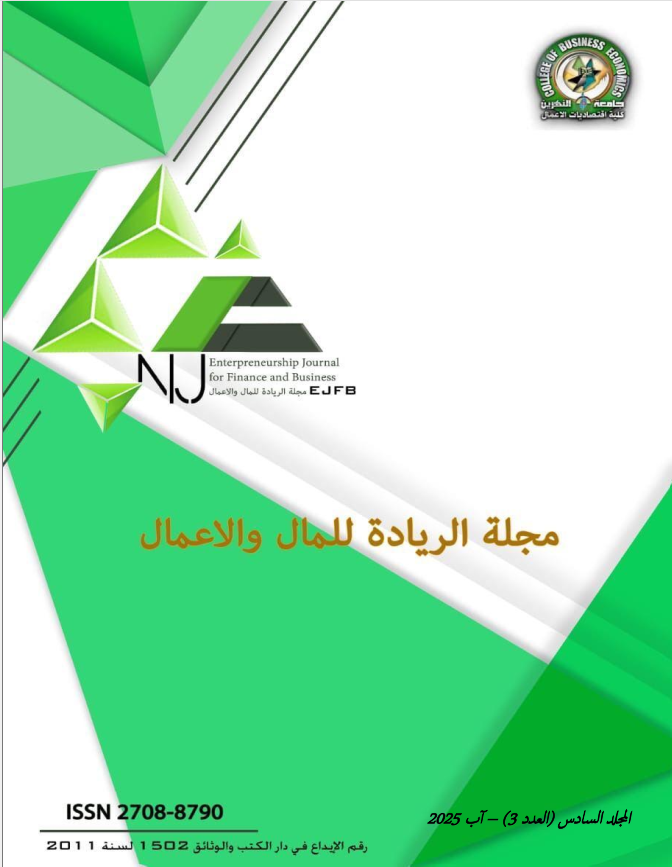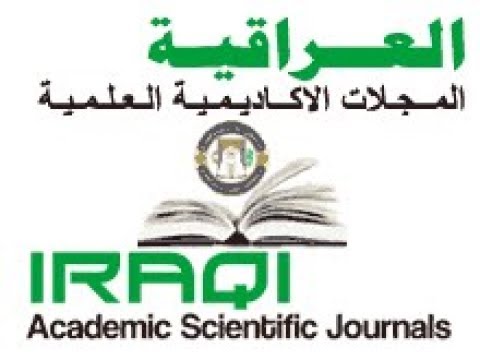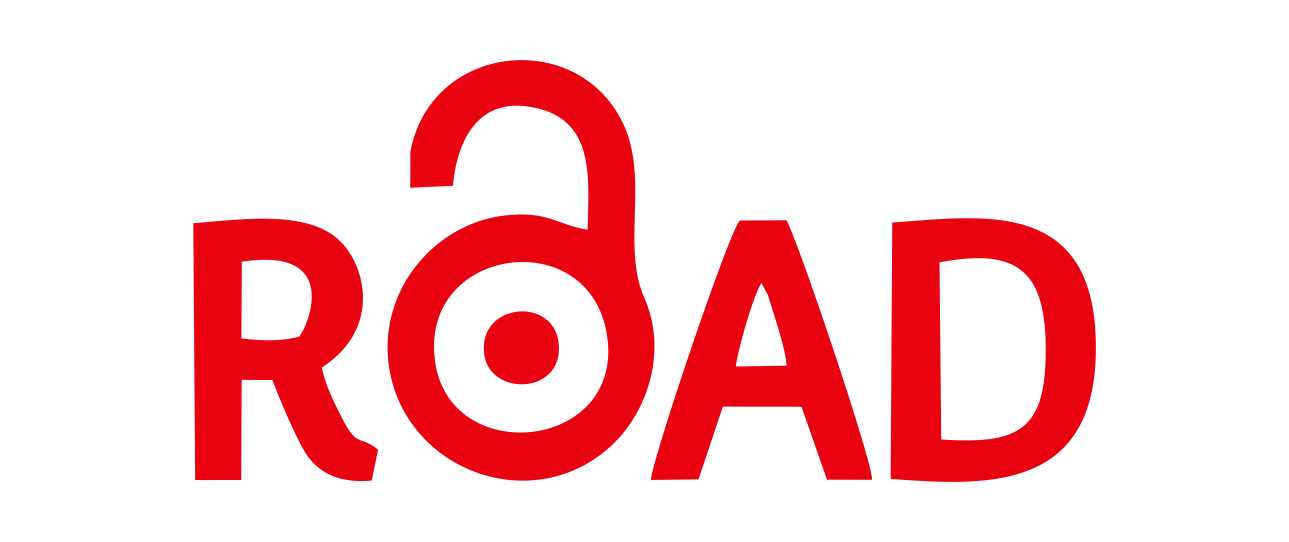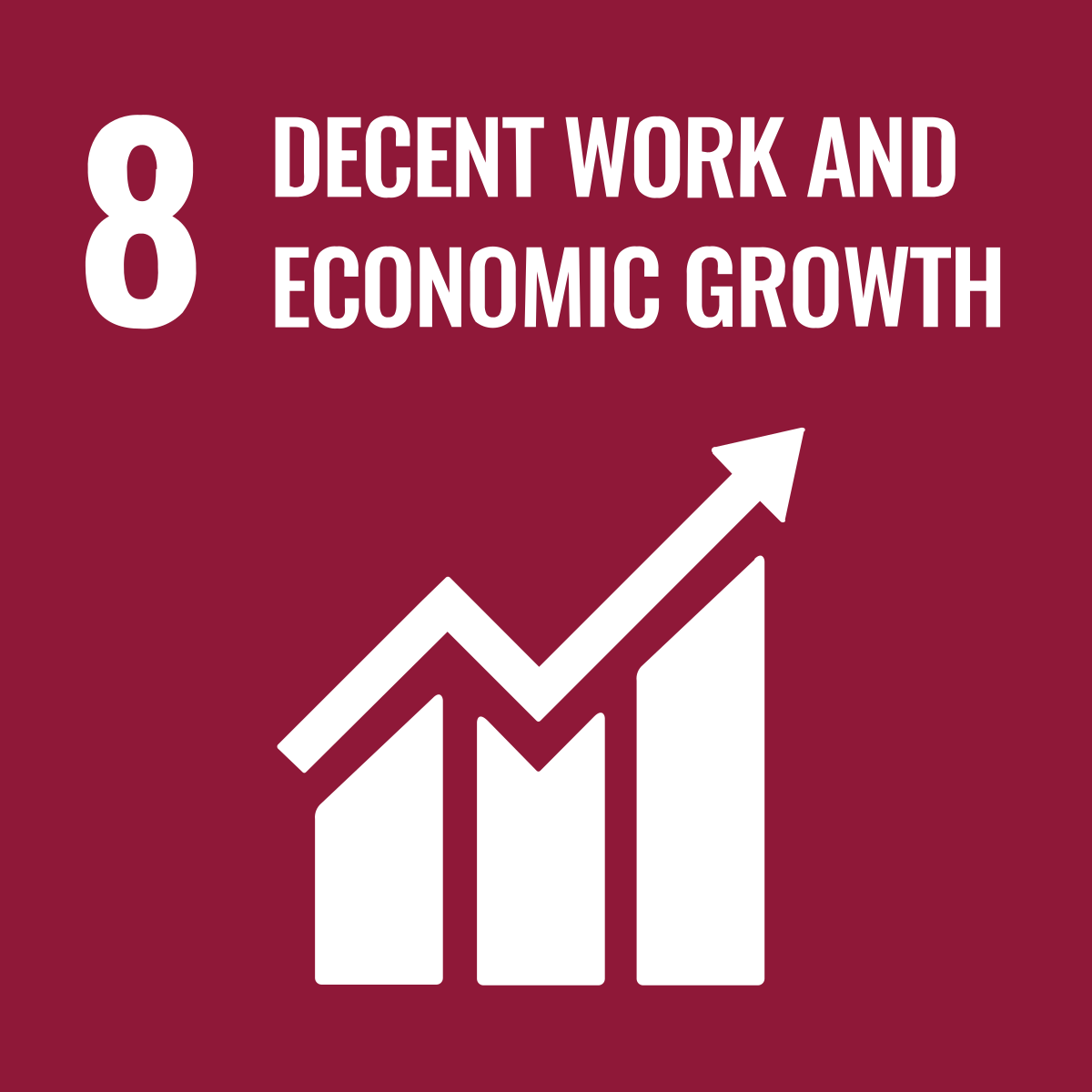The transition from traditional budgeting to green budgeting: A comparative study
DOI:
https://doi.org/10.56967/ejfb2025577Keywords:
budgets, traditional budget, green budget, sustainability, environmental impactsAbstract
The research aims to address the epistemological foundations of green budgeting and compare it with traditional budgeting in terms of principles and fundamentals, as well as the impact of both types of budgeting on the environment and sustainable development. Most countries worldwide are facing significant environmental challenges, necessitating the replacement of traditional fiscal policies with financial policies that integrate environmental goals within economic objectives. The study relies on previous research related to the variables under investigation to describe and analyze budgeting methodologies and compare them. Data were collected based on content analysis of previous studies and recorded observations.The research concludes that green budgeting is an effective tool for achieving sustainable development by integrating environmental policy with the state's financial policy, thereby balancing economic and environmental considerations simultaneously. Additionally, it finds that green budgeting supports the circular economy rather than the linear economy.The study recommends adopting green budgeting as a modern approach to government budget preparation. It also suggests enacting laws and regulations by the legislative authority to support the green budgeting approach, such as imposing environmental standards on government and private sector projects, promoting and supporting investment in environmentally friendly activities, and developing indicators to measure both financial and environmental performance. These indicators would assess progress resulting from green budgeting implementation, such as reductions in carbon emissions and their impact on treatment cost reductions, increased use of renewable energy, and decreased fossil fuel consumption costs.
Downloads
Downloads
Published
How to Cite
Issue
Section
License
Copyright (c) 2025 دعاء احمد عبد الرضا

This work is licensed under a Creative Commons Attribution 4.0 International License.
This is an Open Access article distributed under the terms of the creative commons attribution (CC BY) 4.0 international license which permits unrestricted use, distribution, and reproduction in any medium or format, and to alter, transform, or build upon the material, including for commercial use, providing the original author is credited.










